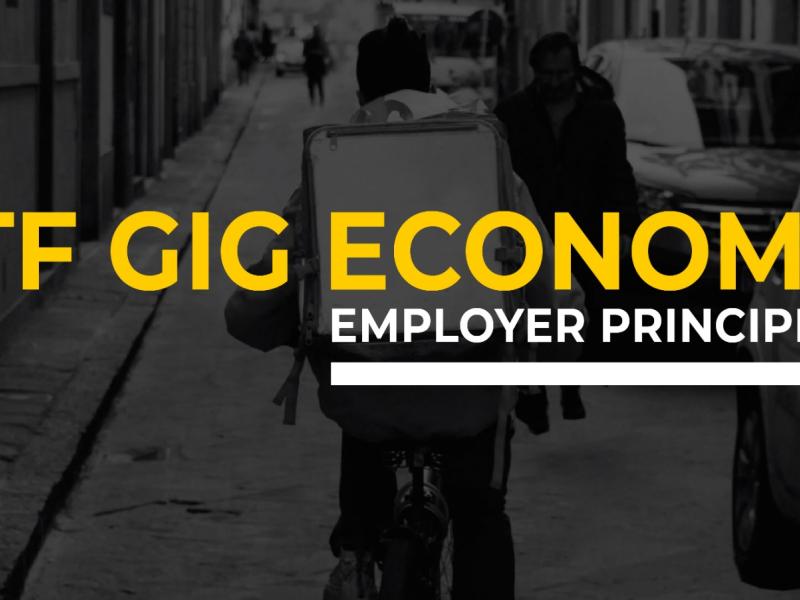Romulo Sta Ana, a Filipino father of two, is the latest food delivery rider to be killed on the job.
He was killed while collecting an order in Montecatini, Italy on Saturday evening. Romulo only recently started working with Deliveroo after his work in the hotel industry dried up because of Covid-19. According to his widow, he died working a job that paid him only 15 euros a night.
Romulo’s death is the latest in a string of rider deaths across the world in recent months, highlighting failings by gig economy platforms to take responsibility for the health and safety of their workers.
“Deliveroo has seen its profits soar during the pandemic and is looking to cash-in with an IPO on the London Stock Exchange, but it is their workers who are taking all the risks,” says rider Yiftalem Parigi of Nidil – CGIL Florence, an Italian union. “Riders are under massive pressure with the piece rate system, which forces them to speed up, skip breaks and work longer hours – all while barely making minimum wage.”
Platforms like Deliveroo have failed to protect their workers throughout the pandemic. In the United Kingdom, Deliveroo’s largest market, riders received little to no support from the company according to the Independent Workers Union of Great Britain (IWGB). Distribution of PPE was said to be “inadequate” – resulting in workers having to pay out of their own pockets – and the company’s sick pay fund was inaccessible to many riders.
To add insult to injury, riders lack any job security due to their misclassification as independent contractors. They are subject to terminations without evidence or due process, despite being publicly applauded for their efforts to deliver food and essential goods.
Food delivery companies came under pressure in Australia late last year after five riders were killed in a span of two months. The Transport Workers’ Union of Australia (TWU) led a campaign to enforce robust workplace health and safety laws that provide all workers with the power to elect their own health and safety representatives, irrespective of their employment classification. Following this effort, seven Deliveroo riders were elected to ensure action is taken to support riders.
The ITF and ETF believe Deliveroo riders should be given the opportunity to elect health and safety representatives in all of the 12 countries where the company operates. Laws must be reformed immediately to ensure riders have equal access to workplace rights and protections, including access to sanitary facilities. Enabling collective bargaining at the national level is a key mechanism for promoting occupational health and safety in the gig economy.
“Platforms cannot treat key workers like they are disposable. We must recognize that the dangerous working conditions of delivery riders are directly connected to the precarious nature of gig economy work,” says Stephen Cotton, General Secretary of the ITF. “Workers who are struggling to make ends meet and who lack social protections will always be at risk.”
In November 2020 the ITF published its ten gig economy employer principles, calling for comprehensive action on health, safety and PPE, correct employment status classification, living wages, and collective bargaining rights, among other things.
“Digital labour platforms should be regulated. We must put an end to the disastrous race-to-the-bottom that has harmed far too many workers already,” says Cotton.
The ITF and ETF offer our condolences to the family of Romulo Sta Ana.




